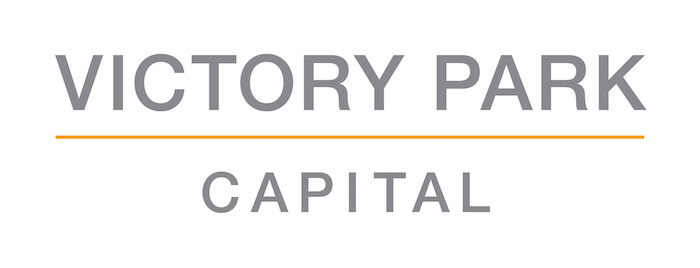Ohio’s defendants should know whether a third-party litigation funding firm is financing a lawsuit against them, the Insurance Information Institute’s (Triple-I) chief insurance officer, Dale Porfilio said, in testimony today before the state Senate’s Judiciary Committee.
Third-party litigation funders (TPLF) provide billions of dollars each year to U.S. plaintiffs and their legal counsel, yet only a handful of U.S. states, such as Indiana and Montana, have required plaintiffs to disclose in court whether a TPLF is financially supporting a civil lawsuit.
“Without any direct ties to litigated cases and minimal transparency, institutional investors and even sovereign nations are contributing significant amounts of capital toward litigation suits for the sole intent of making a profit,” Porfilio stated. “Without transparency, we are not able to provide deep data-driven insights about TPLF’s impacts on consumers and the insurance industry. Therefore, Triple-I supports mandatory disclosure of TPLF so we can study the impacts on consumers and carriers alike.”
A Swiss Re Institute report published in 2021 estimated more than half of the $17 billion in TPLF monies deployed globally in 2020 were in the U.S. Moreover, while TPLF investments offered internal rates of return exceeding 25 percent, commercial liability plaintiffs who used TPLF firms to finance their litigation saw the settlement proceeds allocated to them decrease by 12 percent, this same Swiss Re Institute report estimated.
“The insurance industry retains claim adjusters, litigation managers, and defense attorneys to help settle claims. The portion allocated to defense costs are defined as ’Defense and Cost Containment Expenses’ (DCC). These expense dollars across all P&C (property and casualty) products increased 30 percent from 2016 to 2022, while increasing 60 percent for general liability (GL) products across these same years. GL products are where more of the complex and high-limit litigation occurs for large corporations. Because TPLF is not disclosed in Ohio as well as most other states, Triple-I cannot today quantify how much TPLF is contributing to the increase in DCC and the industry’s financial results,” Porfilio testified.
Triple-I has been educating and informing consumers about its growing concern with third-party litigation funding under the broader umbrella of what the organization refers to as “legal system abuse.” Triple-I defines legal system abuse as policyholder or plaintiff attorney practices which increase costs and time to settle insurance claims. While litigation is considered a policyholder’s last resort, Porfilio continued, legal system abuse exploits litigation when a disputed claim could have been resolved without judicial intervention. Legal system abuse contributes to higher costs for insurance operations and policyholder pricing, Triple-I’s chief insurance officer concluded.





